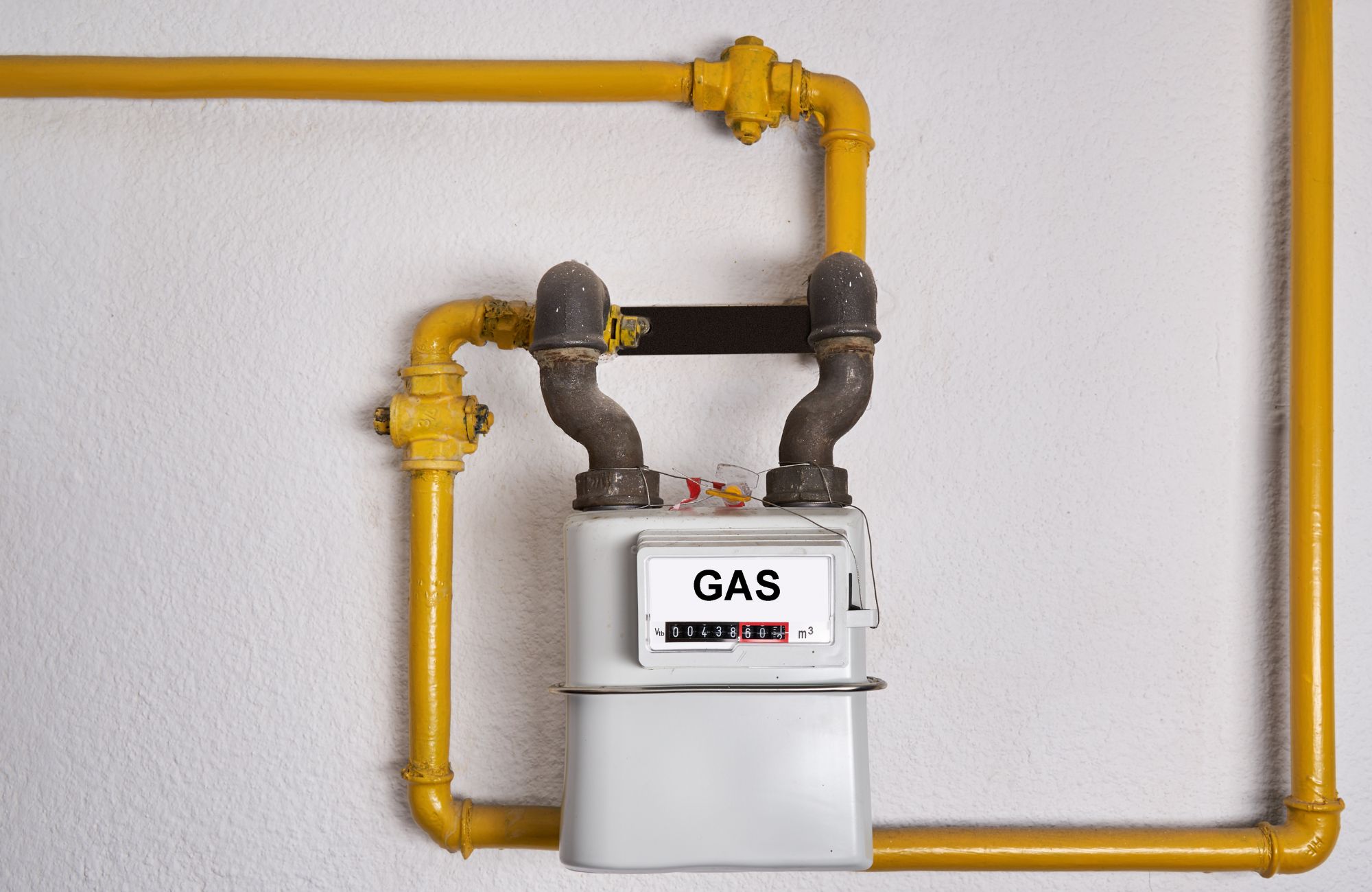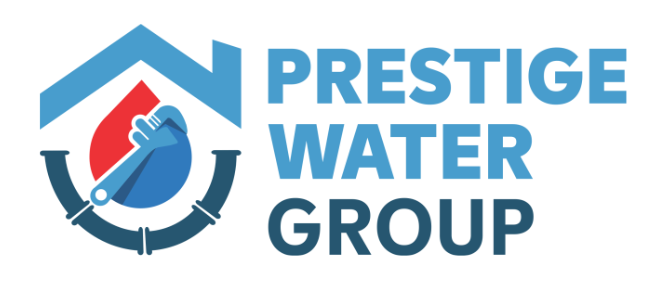
Can a Plumber Install a Gas Line? Essential Facts to Know
When it comes to installing a gas line in your home or business, the question often arises: Can a plumber install a gas line? While plumbers are highly skilled professionals trained to handle water treatment, sewer, and gas systems, installing a gas line requires specialized knowledge and additional training. This is crucial for ensuring safety, compliance with local regulations, and the efficient operation of your gas system.
The U.S. Bureau of Labor Statistics reports that over 350,000 plumbers work across the United States, with many equipped to work with complex systems like gas lines. However, installing a gas line is not a task all plumbers can perform without specific certifications. According to the National Fire Protection Association (NFPA), improper gas line installations are one of the leading causes of leaks, fires, explosions, and even carbon monoxide poisoning. Due to these potential hazards, strict safety regulations must be followed.
Gas line installation is a highly regulated area, with local building codes and safety standards dictating the procedures for laying, connecting, and testing gas lines. Ensuring that the installation is done properly is critical not just for safety, but also to prevent future issues like gas leaks or system failures. Missteps in the installation process can lead to costly repairs, and more importantly, jeopardize the health and safety of those in the building. Given the risks, it’s essential to hire professionals who have the proper licensing and training to handle gas line installations with the utmost care and precision.
The Role of Plumbers in Gas Line Installation
Plumbers play an essential role in many aspects of gas line installation, but it’s important to understand that their involvement depends on their qualifications and the scope of the job. In some cases, a plumber might be fully qualified to install a gas line, while in others, a specialized gas fitter may be required.
Licensing and Qualifications
To install a gas line, plumbers typically need to hold a gas fitter’s license or complete additional training specific to gas installations. While plumbing services generally cover a wide range of plumbing systems, gas installations come with their own set of rules and safety concerns. Gas fitting involves not only laying the line, but also inspecting existing systems, testing for leaks, and ensuring that the installation meets local codes.
In some states or municipalities, a plumber may be required to work alongside a certified gas fitter, who has additional training and certification in handling gas systems. These gas fitters are experts in the installation, maintenance, and repair of gas systems, and they are often more familiar with the specific requirements for handling and testing gas lines.
Key Responsibilities in Gas Line Installation
Here are the primary responsibilities a plumber might take on during the installation of a gas line:
- Designing the Layout: Plumbers often work with engineers or contractors to design the gas line layout, ensuring it meets safety and code standards.
- Installing the Piping: The plumber will lay the gas pipe, ensuring it is correctly sized and routed according to the design plan.
- Connecting the Appliances: Once the line is laid, the plumber will connect the appliances that require gas, such as stoves, dryers, and heaters.
- Testing for Leaks: After installation, plumbers use specialized equipment to test the system for leaks, ensuring there are no issues that could cause hazards.
Plumbers are critical to the gas line installation process, but their role is often just one part of a broader, more collaborative effort. Understanding this role is essential to know when you need to call a plumber—and when you might need to consult a gas fitter.
When Should You Call a Gas Fitter Instead of a Plumber?
While plumbers can handle many aspects of gas line installation, there are specific instances where calling a certified gas fitter is the safer and more appropriate choice. Gas fitters are specialized professionals with additional training in gas systems, and they are often required by law for certain types of gas line installations.
Differences Between Plumbers and Gas Fitters
A gas fitter is an expert in the installation, maintenance, and repair of gas lines. Gas fitters often undergo more extensive training compared to plumbers, including in-depth coursework in gas safety, codes, and regulations. Many plumbers, depending on their state or region, may need to obtain additional certifications to legally install gas lines. This is because gas line installation requires specific knowledge about working with flammable materials and understanding the potential risks associated with incorrect installations.
Situations Where You Need a Gas Fitter
There are several circumstances where a certified gas fitter is necessary, including:
- New Gas Line Installations: If you are building a new home or expanding your business and need to install a brand-new gas line, a gas fitter is typically required to handle the installation and ensure it complies with local codes.
- Major Gas Line Upgrades: If you need to upgrade your gas system to accommodate more appliances or larger units, a gas fitter will have the expertise to assess and execute the upgrade properly.
- Gas Line Repair and Maintenance: If your existing gas line requires major repairs, replacements, or maintenance, a gas fitter is often the best professional to call. They can inspect the system for wear and tear, identify issues, and make repairs that comply with safety standards.
- Gas Leak Detection: If you suspect a gas leak, it’s critical to have a professional assess the situation immediately. A gas fitter has the tools and training to safely detect leaks and perform repairs.
In many areas, it’s required by law for gas fitters to handle specific parts of the installation and repair process. Hiring an unqualified professional or attempting to handle gas line work yourself can result in dangerous accidents and potentially violate building codes.
Licensing and Regulations for Gas Fitters
Gas fitters are required to be licensed by the state or local government, and the requirements vary by jurisdiction. Typically, the licensing process involves completing a certain number of hours of training, passing an exam, and accumulating hands-on experience under the supervision of a licensed contractor, professional plumber, or an experienced plumber. This ensures that they are well-equipped to work with natural gas lines and install gas lines safely and efficiently.
In addition to practical experience, gas fitters must be thoroughly familiar with the National Fuel Gas Code (NFPA 54), which governs the safe installation and maintenance of gas lines and gas appliances. Adherence to local building codes is essential to ensure that the gas line is installed according to safety standards, preventing issues such as improperly installed gas lines that can lead to dangerous gas leaks, explosions, or other hazards.
Gas fitters must also understand the proper selection of pipe materials used for gas line installations, as well as how these materials interact with connected systems, such as HVAC systems and air conditioning units. A qualified gas fitter ensures that your gas appliances—whether it’s a water heater, furnace, or kitchen appliance—are properly connected and safely operated. This attention to detail reduces the risk of system failures and extends the longevity of your gas appliances.
By hiring a licensed contractor or professional plumber with proper gas fitting credentials, you ensure that the gas line is installed correctly, reducing the risk of future issues and guaranteeing the safety of your home or business. An experienced plumber or gas fitter will follow all relevant codes, ensuring that your system meets local regulations and is free from improperly gas line installed
Why Gas Line Installation Must Be Left to Professionals
Gas line installation is not a DIY project. The risks associated with improper installation can be life-threatening. Gas leaks, explosions, and carbon monoxide poisoning are all potential hazards that can arise from incorrect installation or maintenance. It’s also essential to ensure that the installation meets local building codes and complies with safety standards, which can vary by region.
Professional gas fitters and licensed plumbers who are trained in gas line installation will not only ensure the job is done right but will also reduce the likelihood of future issues. They have the expertise to assess your home or business’s unique requirements and perform the installation with the highest safety standards in mind.
Conclusion
Installing a gas line is a task that should not be taken lightly. Whether you choose to hire a plumber with the proper gas fitting certification or a specialized gas fitter, the job must be done by a licensed contractor. Improperly installed gas lines can lead to serious risks like gas leaks, fires, and carbon monoxide poisoning. By understanding the importance of safety, regulations, and the specialized knowledge required to install gas lines properly, you can make an informed decision about who to hire for your gas line installation needs. Remember, always prioritize safety and choose professional plumbers or experienced plumbers with the necessary expertise to handle gas systems and gas appliances.
If you’re in Northern New Jersey and need a reliable and qualified professional to handle your plumbing or gas line installation, Prestige Water Group is here to help. Our team is licensed, experienced, and ready to provide you with top-quality plumbing, heating, and water heater services. Whether it’s a simple gas line repair or a complete installation, we ensure the job is done safely and to code. We also handle other HVAC systems and air conditioning services to keep your systems running smoothly. Call us today at 973.227.4740 or email us at info@pwgroupnj.com to schedule your service. Our team is available Monday to Friday from 8:00 AM to 5:00 PM.
FAQs
Do plumbers cap gas lines?
Yes, a plumber or certified gas technician is responsible for capping gas lines. Gas lines require expertise and understanding of safety standards to ensure they’re properly sealed. An experienced plumber will follow the necessary precautions to avoid issues with gas appliances and ensure no hazardous leaks remain.
How do I know if my plumber is qualified to install a gas line?
To ensure your plumber is qualified, ask for their certification or gas fitter’s license. Many states and municipalities require plumbers to undergo additional training and testing to handle gas systems safely. You can also verify their credentials by checking with your local licensing authority or reviewing their business website for details about their qualifications. Hiring a qualified plumber ensures that your gas appliances and gas line installation are done according to local codes and safety standards.
What should I do if I smell gas in my home?
If you smell gas, it’s important to act immediately. Evacuate the building, avoid using any electrical switches or open flames, and contact your local gas company or a licensed gas fitter right away. They have the necessary equipment and training to detect and repair gas leaks safely. Never attempt to fix a gas leak yourself, as it poses significant risks to your safety and could potentially lead to further damage to HVAC systems or gas appliances.
